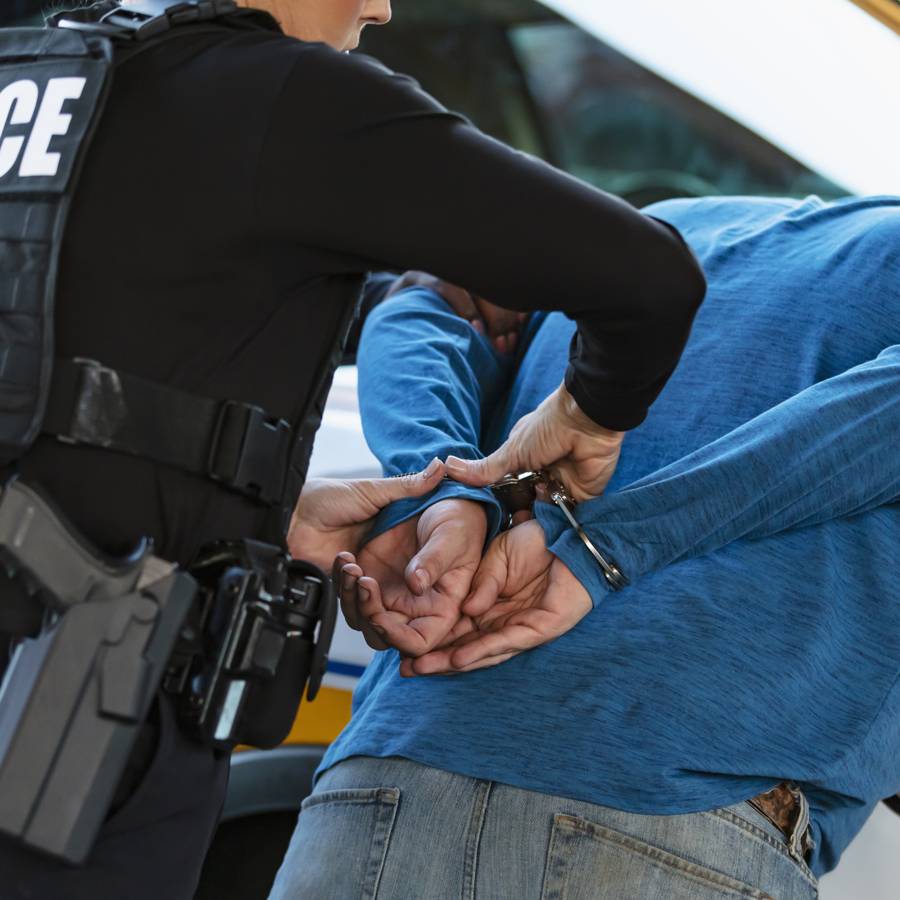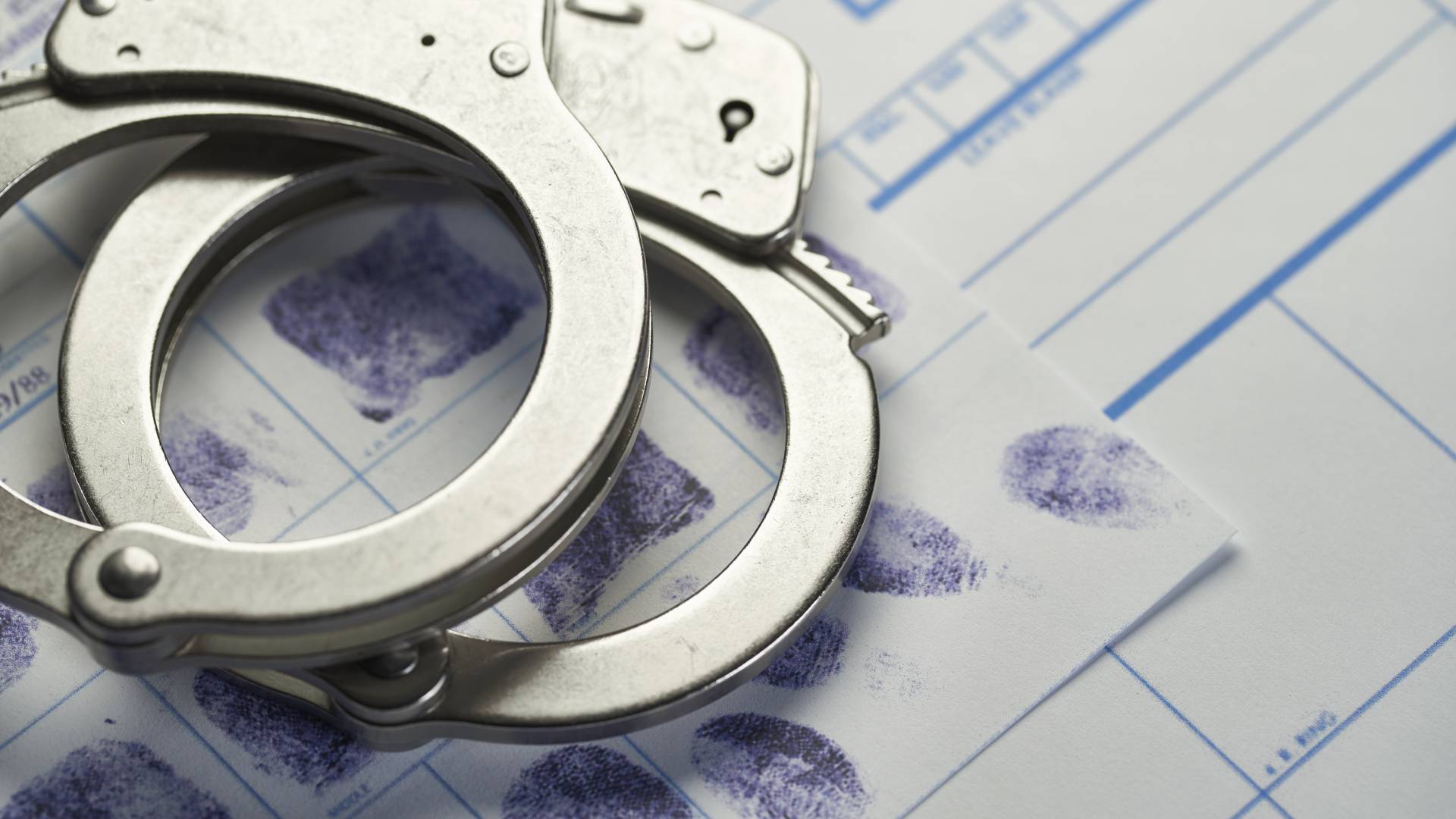
Des Moines Felony OWI Lawyers
Is OWI a Felony in Iowa?
If you've been accused of a third or subsequent drunk driving offense, you could be charged with a felony and face severe punishments. Penalties for a felony OWI include prison time, fines, substance abuse treatment services, driver's license revocation, and/or vehicle impoundment. Any of the sanctions can substantially alter the course of your life. For instance, your professional and/or personal relationships could be severed, you could find it difficult to get a job or a place to live, and you may even be ineligible for government benefits. That is why you need aggressive defense on your side to fight your charge and seek to avoid or minimize the penalties.
At Branstad & Olson, Des Moines felony OWI attorneys provide the skilled and knowledgeable counsel you need. Our team has over 65 years of combined experience and has handled hundreds of cases, including operating while under the influence matters. When you choose us, we deliver zealous advocacy and develop innovative defenses, giving you a voice during this challenging time. Our attorneys are ready to seek a favorable outcome in your case.
To schedule a free consultation, call our Des Moines felony OWI lawyers at (515) 329-3100 or contact us online.
Elements of an OWI in Iowa
When the state pursues OWI matters, the prosecutor has the burden of proving beyond a reasonable doubt that the defendant committed the alleged offense.
The elements that they must prove include that the defendant was:
- Operating a vehicle: A person may be said to have been operating a vehicle if the engine was running or the car was in motion, and the person exercised control over it. Thus, it's not necessary to prove that the defendant was actually driving the vehicle. Even simply being behind the wheel while it was started is sufficient to prove that they were "operating" it; and they:
- Were under the influence: This means that the accused was intoxicated by drugs and/or alcohol in such a way that their mental ability, judgment, emotions, or motor skills were affected or impaired;
- Had an elevated alcohol concentration: An alcohol concentration at or above .08, as measured by a chemical test, is unlawful; or
- Had any amount of controlled substance in their system: A person who operates a vehicle while they have any amount of a drug in their system, measured by blood or urine testing, is violating the state's OWI law.
At Branstad & Olson, our team thoroughly analyzes the case's facts to identify holes in the prosecutor's arguments. Our Des Moines felony DUI attorneys know various defenses can be raised, such as police misconduct or improperly maintained equipment. We review the details of your circumstances to determine an effective course of action.
What Makes OWI a Felony?
The elements listed above apply to OWI cases in general. The specific level of charge levied depends on the severity of the offense. Under Iowa law, an OWI becomes a felony when a person has two or more prior convictions for this crime within the past 12 years.
Prior OWI convictions include:
- Guilty pleas or verdicts
- Deferred judgments
- Convictions or deferred judgments in another state for an offense similar to an Iowa OWI
Criminal Penalties for a Felony OWI
Because a felony OWI is charged after a person has previously violated the law, the punishments a court can impose are substantially harsher than those assessed for a first or second offense.
In Iowa, felony OWI penalties include:
- Prison time: The court can impose no less than 30 days' imprisonment and no more than 5 years. If the defendant is deemed a habitual offender, they must serve 3 years of their term before they are eligible for parole.
- Fine: The minimum fine is $3,125, and the maximum is $9,375.
- Driver's license revocation: The defendant's driver's license can be taken away for 6 years.
- Vehicle impoundment: The person's vehicle can be seized and confined for the same amount of time their driver's license is revoked.

Iowa Temporary Restricted License
If a person's driver's license is revoked because of an OWI conviction or an administrative sanction, they may request a temporary restricted license (TRL), which would allow them the same driving privileges as a valid class C driver's license. To obtain this relief, they must have an ignition interlock device installed on their vehicle. If their driver's license has been revoked because of an OWI conviction, they must serve at least 1 year of the suspension period before they're eligible for a TRL.
We Focus on Protecting Your Best Interests
A lot is at stake in a felony OWI case. That is why Branstad & Olson immediately jumps to action to begin preparing a defense.
Get in touch with our Des Moines felony DUI attorneys by calling us at (515) 329-3100 or submitting an online contact form.
-
"Highly Recommend"
I cannot speak highly enough of Christine and her team. From the very beginning, Christine handled everything with grace, professionalism, and a deeply human approach. She is real, approachable, and always makes herself available, even during the most stressful times. Her ability to navigate complex situations while making you feel heard and supported is truly unmatched. Her staff are also top tier—responsive, compassionate, and incredibly efficient. If you’re looking for someone who not only knows the law but genuinely cares about her clients, Christine is the one you want in your corner.- Former Client -
"5/5 service rating for Christine Branstad"
Very professional, very caring.- Kirby

Our Settlements & Verdicts
Our top priority is to devise customized legal strategies that are tailored to the unique legal needs of our clients, no matter how simple or complicated their situations, might be.
-
Reversed and Remanded Appeal - Administrative
-
Reversed and Remanded Suppression Leading to Dismissal
-
Not Guilty – Jury Trial Assault with Intent to Commit Sexual Abuse
-
Not Guilty– Jury Trial Murder 1st Degree
-
Not Guilty - Trial Vehicular Homicide
-
Not Guilty– Jury Trial Murder 1st Degree